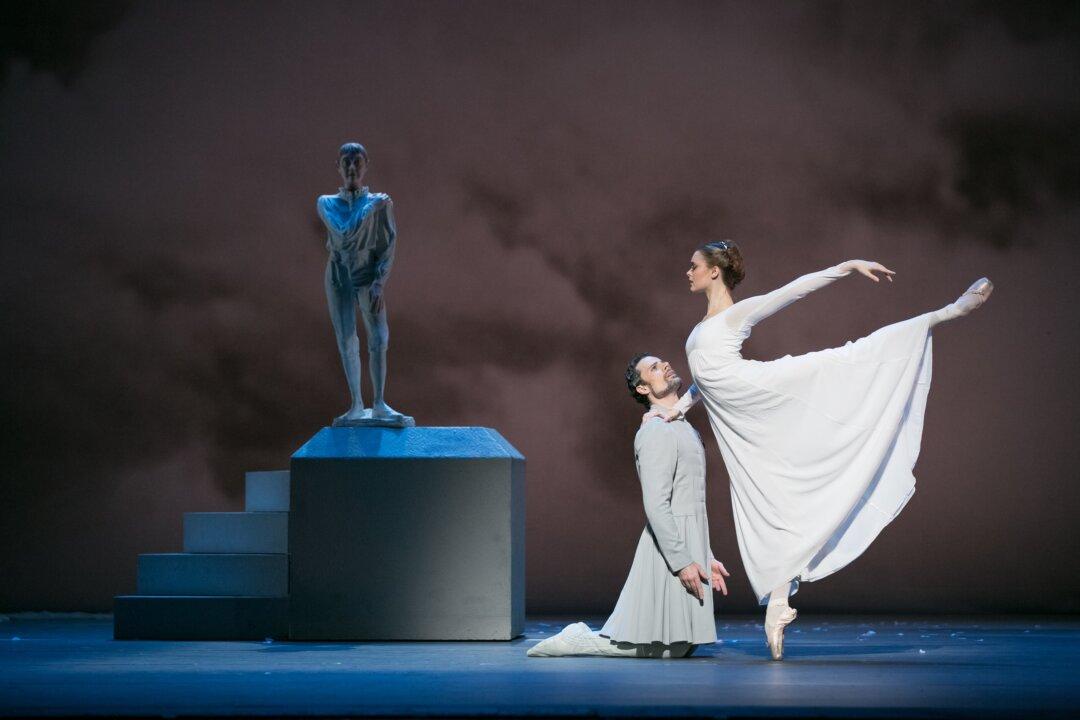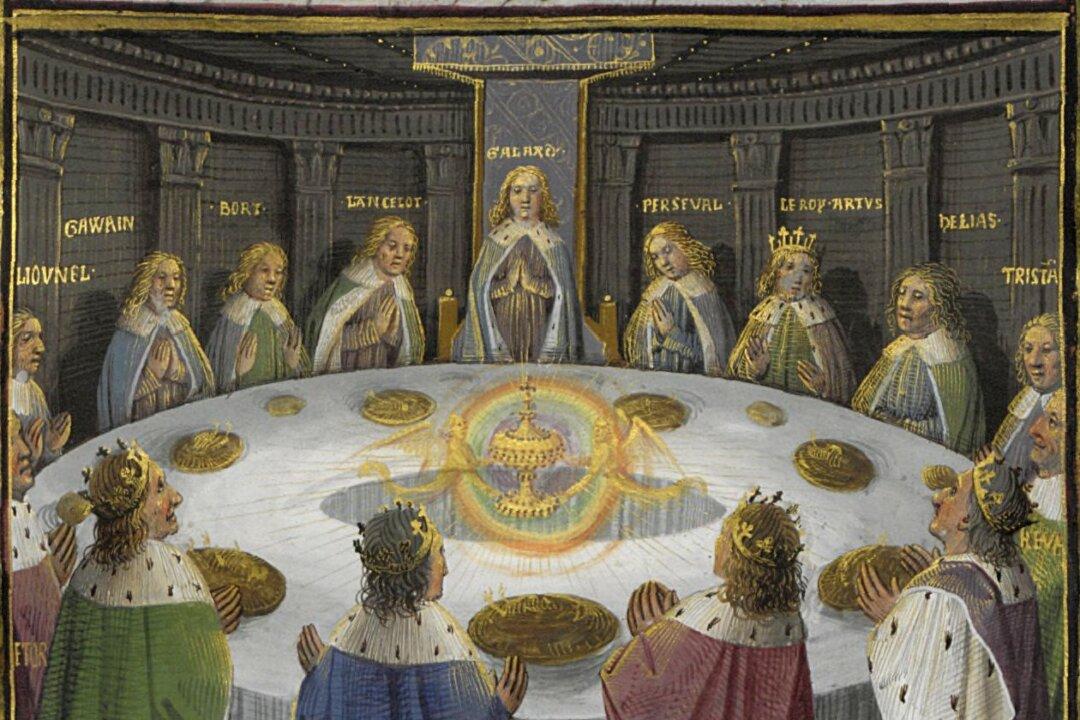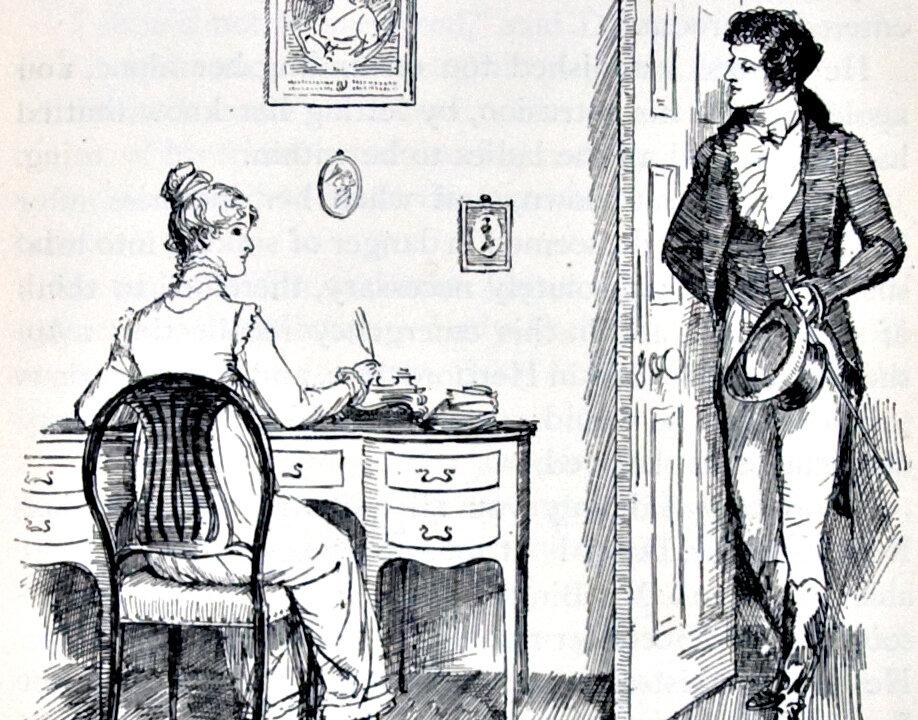For Harrison James, the ability to embody a multitude of characters through dance is one of the most rewarding experiences of his life. Since childhood, the New Zealand native has been cultivating his passion for ballet through discipline, sacrifice, and hard work. His efforts have not only given him a successful career—he is now a principal dancer with the National Ballet of Canada—but have also nurtured his wisdom and introspection regarding his own life.
“You get to actually live these other lives and these other stories, and I think that can really teach you something about what it means to be human,” says James.





